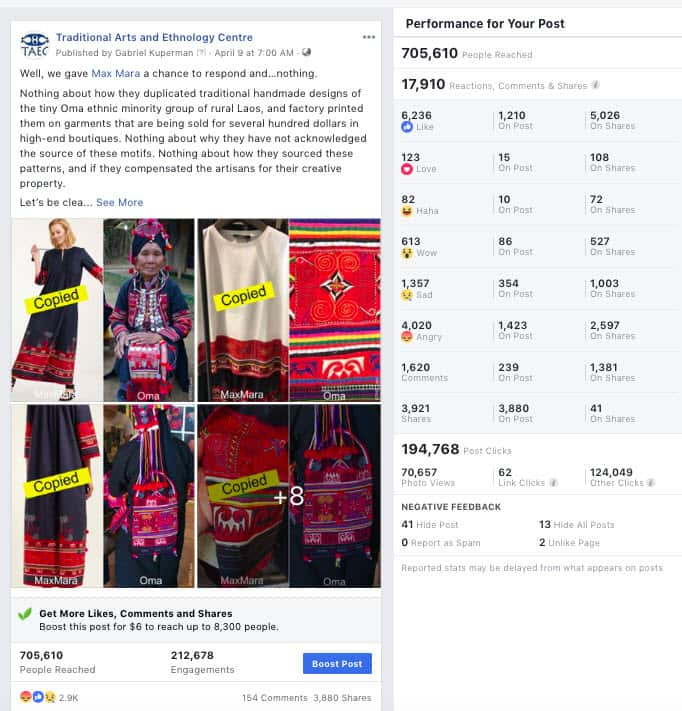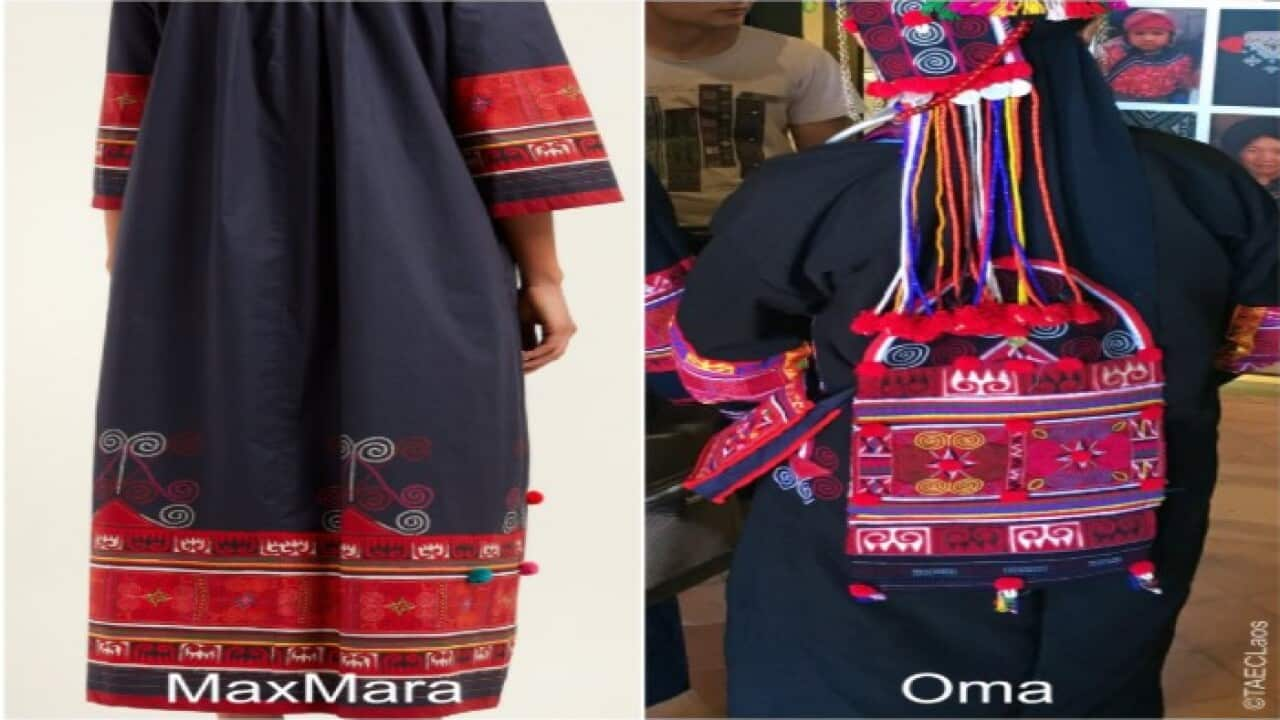John Hickey the director of the Baptist World Aid Australia says that recent report from the 2019 Fashion Ethics Report shows that 130 garment companies and over 480 brands ethical practice has been improving, as over 60% of them show transparency and accountability in sourcing ethical materials and making sure that they do not exploit workers labor, child labor and improving their working conditions, and protecting the environment. However, there are only 5% of those companies are really committed to paying textile workers living wages, but sadly the Baptist World Aid Australia's 2019 Fashion Ethics Report stops short of looking into ethnic and minority artisans cultural and intellectual property rights being breached, let alone the World Intellectual Property Organisation (WIPO) and the World Fair Trade Organisation (WFTO) and other parties to handle these issues.
Listen to John Hickey full interview in English here: https://www.sbs.com.au/yourlanguage/services/embeds/audioplayer/8c7555de-f721-46bb-a013-dda92a2dbbf3
You can also check how MaxMara rated against other brands from the Fashion Transparency Index 2019 report.
''WIPO has three main recommendations in order to protect intellectual property rights i.e, the originality, the aesthetics, and the know-how needed to be registered for copyrights, patents, and trademark.
However, some of the Mexican artisans have expressed anger and sadness to why big fashion brands copied their designs and it is impossible to stop them from copying.
What more surprising is that 'Nike even patented some of Mexican Huichol textile designs into its tennis shoes', says Oxfam report.
Apart from many brands like 'Isabel Marant, Intropia, Pottery Barn, Nike, Nestle, Mango were being accused of copying Mexican artisans designs without any acknowledgment' (Oxfam report), the Eponine London (2018) has also copied Hmong embroideries and the latest incident in 2019, MaxMara is copying Lao Oma motifs.
However, these ethnic and minorities are powerless to pursue such multi-million or multi-billion fashion industries. Though there were some cases ending up filing complaint without result and most of the big fashion brand rejected any wrongdoing,'' according to Oxfam report.
SBS Radio Hmong Program has reached out to MaxMara and Lao Ministry for Information, Culture, and Tourism but they are not available for comments.
Latest update from TAEC Laos Facebook page has thanked MatchesFashion who has pulled MaxMara line off its stores and call MaxMara to discuss this matter and to apologize.
Listen to Tara Gujadhur full interview in Hmong here: https://www.sbs.com.au/yourlanguage/services/embeds/audioplayer/85c7efd8-93db-43b1-af86-a5c7509a9f26
Even though there are conventions and treaties and regulations from the WIPO and WFTO, says Tara Gujadhur, co-founder and director of the Traditional Arts and Ethnology Centre (TAEC) in Luang Prabang, Laos, there are currently no strong legal protections when it comes to cultural and intellectual property rights. Therefore, small companies and social enterprises can barely do anything with these big fashion brands.
Social pressure, raising awareness, advocacy and education about ethical shopping, as well as collaboration from all parties i.e individual, NGOs, social enterprises, governments, private and public organizations, says Gujadhur, can go a long way, but it takes commitment and action plans.
TAEC Laos is currently doing a social campaign petition which has already reached over 5,600 signatures to pressure MaxMara to pull its copied designs from its stores and a further staggering number of over 700,000 Facebook reaches on TAEC Laos page.

TAEC Laos is demanding that 'the Italian fashion powerhouse MaxMara pulls all the garments using Oma's design from its stores and online shops, to promise not to copy again and to donate all the profits from selling its copied designs to organizations that protect ethnic and minority intellectual property rights.'
Professor Lee Pao Xiong from the Center for Hmong Studies of Concordia University has also shared his insights into the 2018 incident where Eponine London has used Hmong embroideries for it designs without acknowledging that it is Hmong clothing but describing for just tribal clothing.
"If you do not appreciate your own cultural and intellectual property, others will exploit as they see fit, but if you do care and protect it, they will not touch it," says Dr. Lee Pao Xiong. Seng Alex Vang from the Hmong American Experience also says that ''We need to protect what are ours because they represent Hmong and Hmong culture, therefore we should protect and preserve them."
Listen more to fashion industries exploiting ethnic and minority artisan's cultural and intellectual property rights as the following:
Africa and Asia are the most affected regions where modern slavery still exists.
It is estimated that over 40 million people fell prey to modern slavery and nearly three quarters are women.
The G20 countries have imported most of the modern slavery risk-products worth over $350 billion. The US tops the chart and garments are the second biggest imports.#





